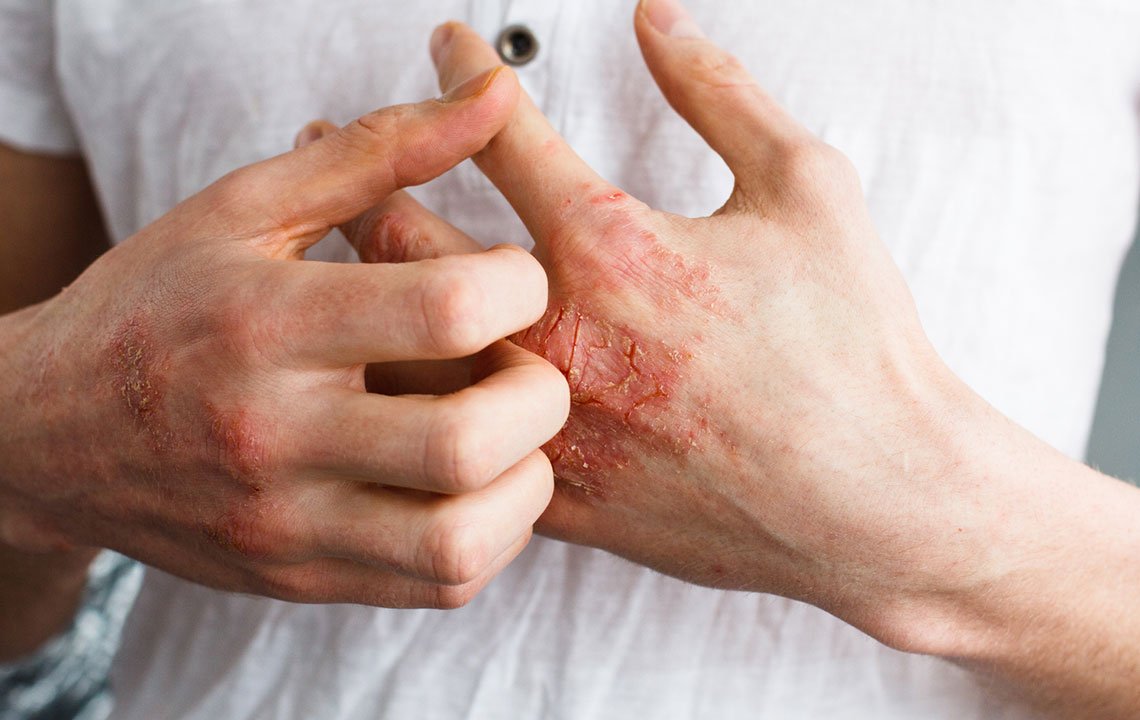Childhood Eczema: Causes, Testing, and Dietary Tips
Discover essential insights into childhood eczema, including its causes, allergy testing methods, and dietary management tips. Learn how to identify triggers, the importance of medical guidance, and strategies to reduce flare-ups. Proper diagnosis and lifestyle adjustments can help children manage eczema effectively, improving their comfort and skin health. Consult healthcare professionals for personalized care to ensure optimal outcomes for your child's skin condition.
Childhood Eczema: Causes, Testing, and Dietary Tips
Atopic dermatitis, commonly called eczema, is a long-term skin disorder that leads to itching and inflammation. It predominantly affects infants and young children. Babies with eczema often develop red, itchy patches on their forehead, scalp, and cheeks. In older children and adults, these patches may appear on their hands, feet, wrists, and ankles.
Is there a connection between food allergies and eczema?
Research indicates that approximately 35% of children under five with eczema also have food allergies. These allergies can cause flare-ups, intense itching, hives, flushing, wheezing, digestive issues, vomiting, heartburn, and abdominal discomfort.
Because of this, testing young children with eczema for food allergies is critical.
Interestingly, many children outgrow certain food allergies, including those to soy, milk, or wheat, after a few years. Once the allergy resolves, they can often reintroduce these foods without worsening symptoms, but only after consulting a healthcare provider.
Can specific foods worsen eczema symptoms?
Diet plays a partial role in triggering eczema flare-ups among children.
Adjusting a child's diet by avoiding certain trigger foods can lead to improvements. Identifying these foods requires working closely with an allergist.
Common foods linked to eczema exacerbations include:
Eggs
Milk
Peanuts and tree nuts
Fish
Soy
Shellfish
Wheat Products
It's important to note that while these foods may worsen eczema symptoms, they are not the root cause of the condition itself.
Since reactions can be delayed, identifying triggers can be challenging, especially in children. Healthcare providers can perform tests to determine specific allergens, helping to plan effective treatment strategies.
Tests include:
Elimination diet: Removing suspected foods from the diet for about two weeks to observe changes.
Food challenges: Reintroducing eliminated foods under medical supervision to monitor for reactions.
Skin prick test: Applying small amounts of food extracts to the skin to see if swelling occurs, indicating allergy.
Blood test: The RAST test detects allergy-related cells in the blood to identify sensitivities.
Proper testing is essential but requires patience. Eliminating multiple foods simultaneously may cause confusion unless done carefully, one at a time. False positives are common, which can lead to unnecessary dietary restrictions that might impair growth and nutrition.
Is managing diet alone enough to control eczema?
Beyond diet, following medical advice, including medications and topical treatments, is crucial in controlling symptoms. Additionally, avoiding typical environmental allergens like pollen, dust mites, and pet dander helps prevent flare-ups.
Expecting mothers with a family history of eczema should consume a diet rich in fresh produce, vitamin D sources, and omega-3 fatty acids from fish to reduce their child's risk of developing the condition.
A healthy lifestyle and mindful eating can significantly improve living with eczema, supporting better quality of life.










